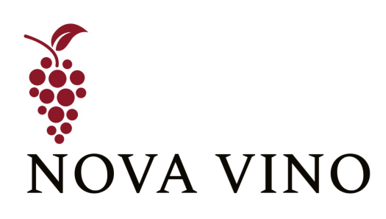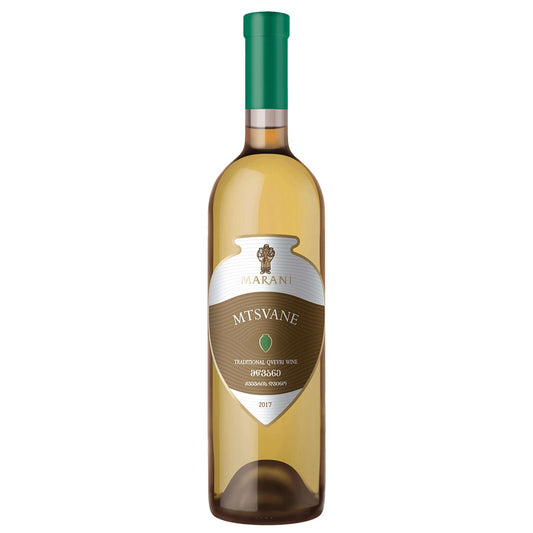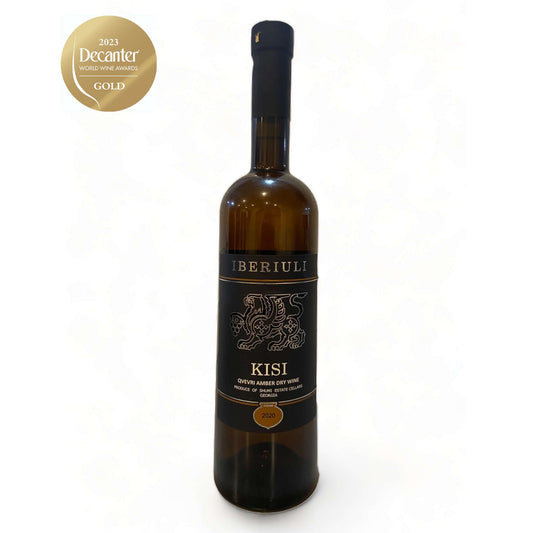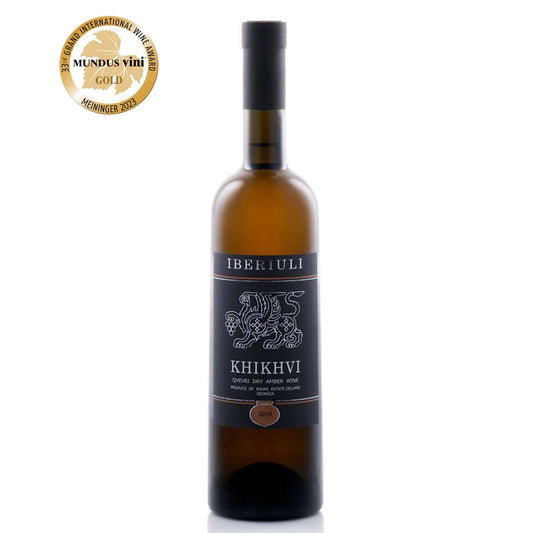What is Orange Wine?
Orange wine, also known as amber wine, represents one of the oldest winemaking methods in the world. Despite its name, orange wine is made from white grapes, not oranges. The distinctive amber, orange, or golden color comes from extended contact between white grape juice and grape skins during fermentation - a process that also extracts tannins, creating wines with remarkable complexity and structure.
This ancient technique predates both red and white winemaking as we know it today, offering wine lovers a glimpse into humanity's earliest winemaking traditions.
The Ancient History of Orange Wine
Orange wine's history stretches back over 8,000 years to the cradle of winemaking civilization in the Caucasus region, particularly in what is now Georgia. Archaeological evidence from sites like Gadachrili Gora shows that ancient winemakers were fermenting white grapes with their skins in large clay vessels long before the techniques for making modern white wines were developed.
This wasn't a conscious choice to create a 'different' style of wine - it was simply how wine was made. The separation of grape juice from skins (which creates modern white wine) came much later in winemaking history, making orange wine the original white wine method.
The technique spread throughout the ancient world, from Georgia through the Mediterranean, but gradually fell out of favor as modern winemaking techniques emerged. However, it never completely disappeared in Georgia, where traditional qvevri winemaking preserved these ancient methods through millennia.
The Orange Wine Process: Ancient Technique, Modern Understanding
The process of making orange wine is deceptively simple yet requires great skill and patience:
1. Grape Selection and Crushing
White grapes are crushed, but unlike modern white winemaking, the juice remains in contact with the skins, seeds, and sometimes stems. The grape varieties used can range from aromatic varieties like Gewürztraminer to neutral grapes like Pinot Grigio.
2. Extended Skin Contact
This is the crucial difference. While modern white wines have minimal skin contact (often just a few hours), orange wines undergo extended maceration lasting anywhere from days to months. This extended contact extracts:
- Color compounds (creating the amber/orange hue)
- Tannins (providing structure and texture)
- Phenolic compounds (adding complexity and aging potential)
- Aromatic compounds (enhancing flavor intensity)
3. Fermentation
Fermentation typically occurs with wild yeasts, often in neutral vessels like clay amphorae, concrete tanks, or old wooden barrels. The process is usually slower and more gradual than conventional white wine fermentation.
4. Aging and Maturation
Orange wines often undergo extended aging, sometimes for years, developing greater complexity and integration. The tannins soften, and the wines develop unique flavors impossible to achieve through other methods.
Georgia: The Birthplace and Master of Orange Wine
While orange wine has gained popularity worldwide in recent decades, Georgia has never stopped making it. The country's traditional qvevri method is the purest expression of orange winemaking, unchanged for millennia.
Discover Authentic Georgian Amber Wines
The Georgian Qvevri Method
Georgian orange wines, traditionally called amber wines, are made using qvevri - large clay vessels buried underground. This method offers several advantages:
- Temperature stability: Underground placement maintains consistent temperatures
- Micro-oxygenation: Clay allows gentle oxygen exchange
- Mineral influence: Clay imparts subtle mineral characteristics
- Natural clarification: Sediment settles naturally in the vessel's pointed bottom
Georgian Grape Varieties for Amber Wine
Georgia's indigenous grape varieties are perfectly suited for orange wine production:
- Rkatsiteli: The most famous amber wine grape, producing wines with citrus, honey, and spice notes
- Kisi: Creates highly aromatic amber wines with floral and stone fruit characteristics
- Mtsvane: Produces elegant amber wines with fresh acidity and herbal notes
- Khikhvi: An ancient variety creating complex, age-worthy amber wines
The Modern Orange Wine Renaissance
In the 1990s, Italian winemaker Josko Gravner visited Georgia and was inspired by the qvevri method. He began making orange wines in Friuli, sparking a global renaissance. The term 'orange wine' was coined by British wine importer David A. Harvey in 2004, helping to popularize this ancient style.
Today, orange wines are made worldwide, from Slovenia's Brda region to California's natural wine movement. However, Georgian producers remain the acknowledged masters, with thousands of years of unbroken tradition.
Characteristics of Orange Wine
Orange wines offer a unique tasting experience that bridges white and red wine characteristics:
- Color: Ranges from pale gold to deep amber or orange
- Texture: Fuller body than white wines, with noticeable tannins
- Flavors: Complex notes of dried fruits, nuts, spices, and herbs
- Aging potential: Often improve with age, developing greater complexity
- Food pairing: Versatile with rich, flavorful dishes
Why Georgian Orange Wines Lead the World
Georgian amber wines represent the purest expression of orange winemaking because:
- Unbroken tradition: 8,000 years of continuous production
- Indigenous varieties: Grapes evolved specifically for this method
- Traditional vessels: Qvevri provide the ideal environment
- Cultural knowledge: Techniques passed down through generations
- Terroir expression: Clay vessels and local grapes create unique character
Experience Traditional Qvevri Winemaking
The Future of Orange Wine
As wine lovers seek authenticity and unique experiences, orange wine continues to grow in popularity. However, the best examples still come from Georgia, where this ancient art has been perfected over millennia.
For those new to orange wine, Georgian amber wines offer the most authentic introduction to this fascinating style. These wines don't just represent a trend - they connect us to the very origins of winemaking itself.
Whether you're a curious wine explorer or a seasoned enthusiast, orange wine offers a journey back to wine's ancient roots while providing thoroughly modern drinking pleasure. And there's no better place to start that journey than with the amber wines of Georgia.





